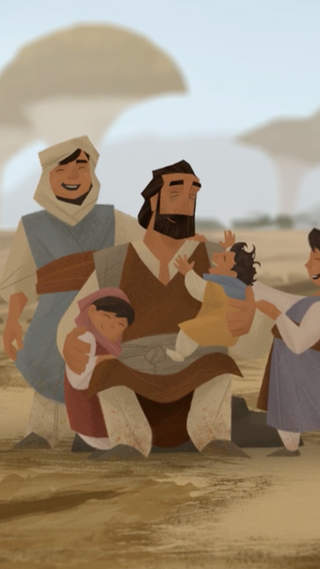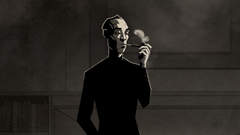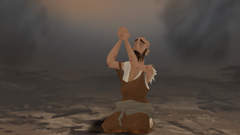What does it mean to live a good life? Discover how the Bible’s wisdom literature—Job, Proverbs, and Ecclesiastes—speaks to the human search for meaning and fulfillment.

Wisdom

5:31
Episode 1
Proverbs
What guidance do generations of people offer on living a God-centered life? Explore this collection of sayings intended for re-reading and contemplation.

6:42
Episode 2
Ecclesiastes
Why do we often feel out of control in this life? Ecclesiastes addresses the wisdom we need to exist with life’s uncertainties and continually hope for God's rescue.
